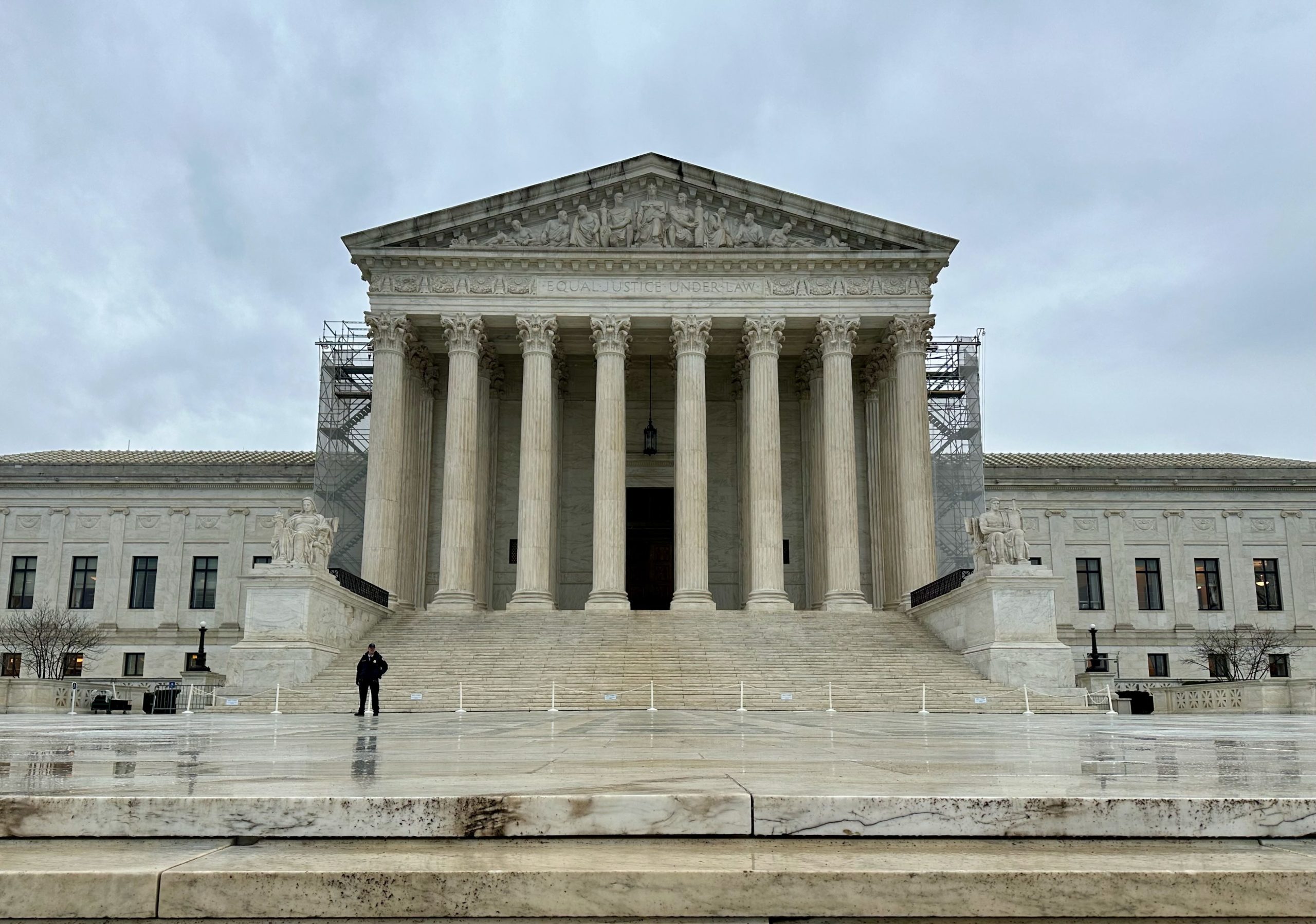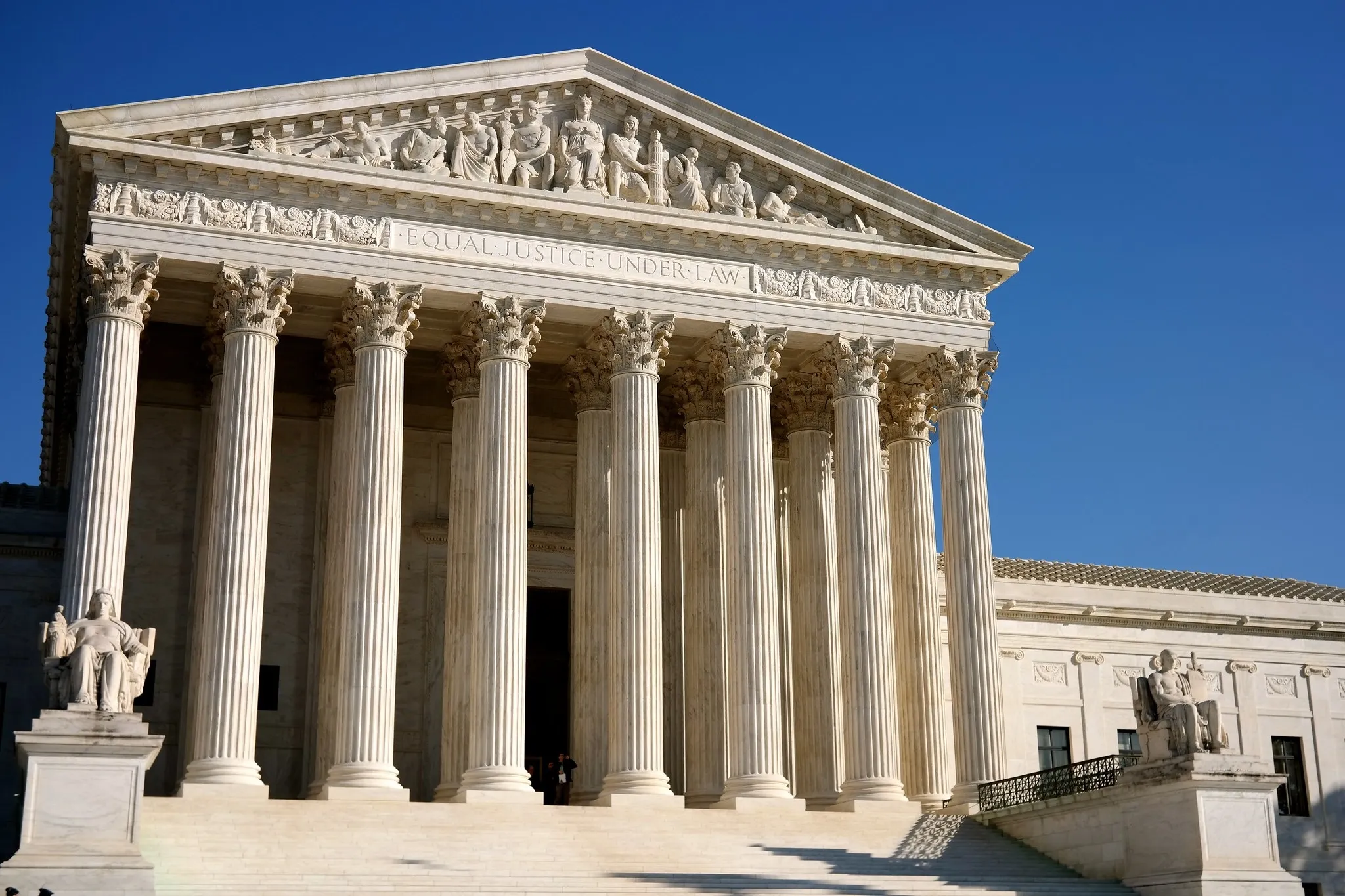Trump asks the court to allow the firing of a watchdog agency official
EMERGENCY DOCKET
Sunday’s filing was the first time that the Supreme Court has been asked to intervene in one of the lawsuits filed to challenge actions taken by Trump and his administration since his inauguration on Jan. 20.
President Donald Trump fired Hampton Dellinger, the head of the Office of Special Counsel, on Feb. 7. Dellinger was confirmed by the Senate and appointed by then-President Joe Biden for a term of five years beginning in 2024. The watchdog agency, independent of the president in office, protects whistleblowers within the government. The DOJ’s special counsels, like Jack Smith, are not affected. Under the federal law creating the Office of Special Counsel, Dellinger could be removed by the president from his job only for “inefficiency, neglect of duty, or malfeasance in office.”
The email dismissing Dellinger did not cite any reason for his removal.
Dellinger went to federal court in Washington, D.C., to challenge his firing. Jackson issued an administrative order on February 10 to maintain the status quo and give courts time to decide. This order reinstated Dellinger as a special counsel. It also prohibited the Trump administration from taking steps to prevent him from doing his work. The president was also prohibited from a The D.C. Circuit ruled once again that it did not have the authority to review the appeal of the government. It reasoned that although preliminary injunctions – which provide relief while litigation continues unless overturned by another court – can be appealed, temporary restraining orders “generally are not” appealable.
Judge Greg Katsas, a Trump appointee, dissented from that ruling. He argued that, even if temporary restraining order are not appealable, “this TRO” (which orders the president to recognize the authority an agency head he has formally sacked) qualifies for immediate review.
The Trump Harris also requested an immediate administrative stay while the justices consider her request.
“Until now, as far as we are aware,” Harris wrote, “no court in American history has wielded an injunction to force the President to retain an agency head whom the President believes should not be entrusted with executive power and to prevent the President from relying on his preferred replacement.”
The executive branch has for nearly five decades, Harris noted, believed that the restrictions on the president’s ability to remove the special counsel violate the Constitution, because the power to make decisions about investigations and prosecutions falls squarely within the president’s power as the head of the executive branch.
As a general rule, Harris continued, the president can remove senior officials whenever he wants. Harris noted that the Supreme Court ruled in two recent cases that restrictions on the President’s ability to remove the sole heads of the Consumer Financial Protection Bureau (CFPB) and the Federal Housing Finance Agency (FHFA) violated the Constitution. Based on those decisions, she observed, Biden in 2021 removed the head of the Social Security Administration.
Harris also pushed back against any suggestion that the court should stay out of the dispute because of the TRO’s limited duration. She argued that even if the TRO is only for two weeks, it still raises serious issues of democratic legitimacy and accountability. But the Trump administration has only come to the Supreme Court to challenge this TRO, Harris stressed, because it “intrudes so deeply into the” powers delegated to the president by the Constitution.
The Trump administration’s request goes first to Chief Justice John Roberts, who handles emergency appeals from the District of Columbia. The Trump administration’s request goes to Chief Justice John Roberts, who handles emergency appeals from the District of Columbia.






